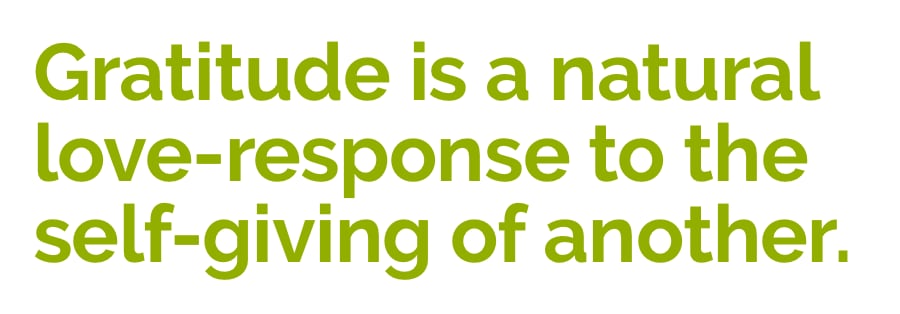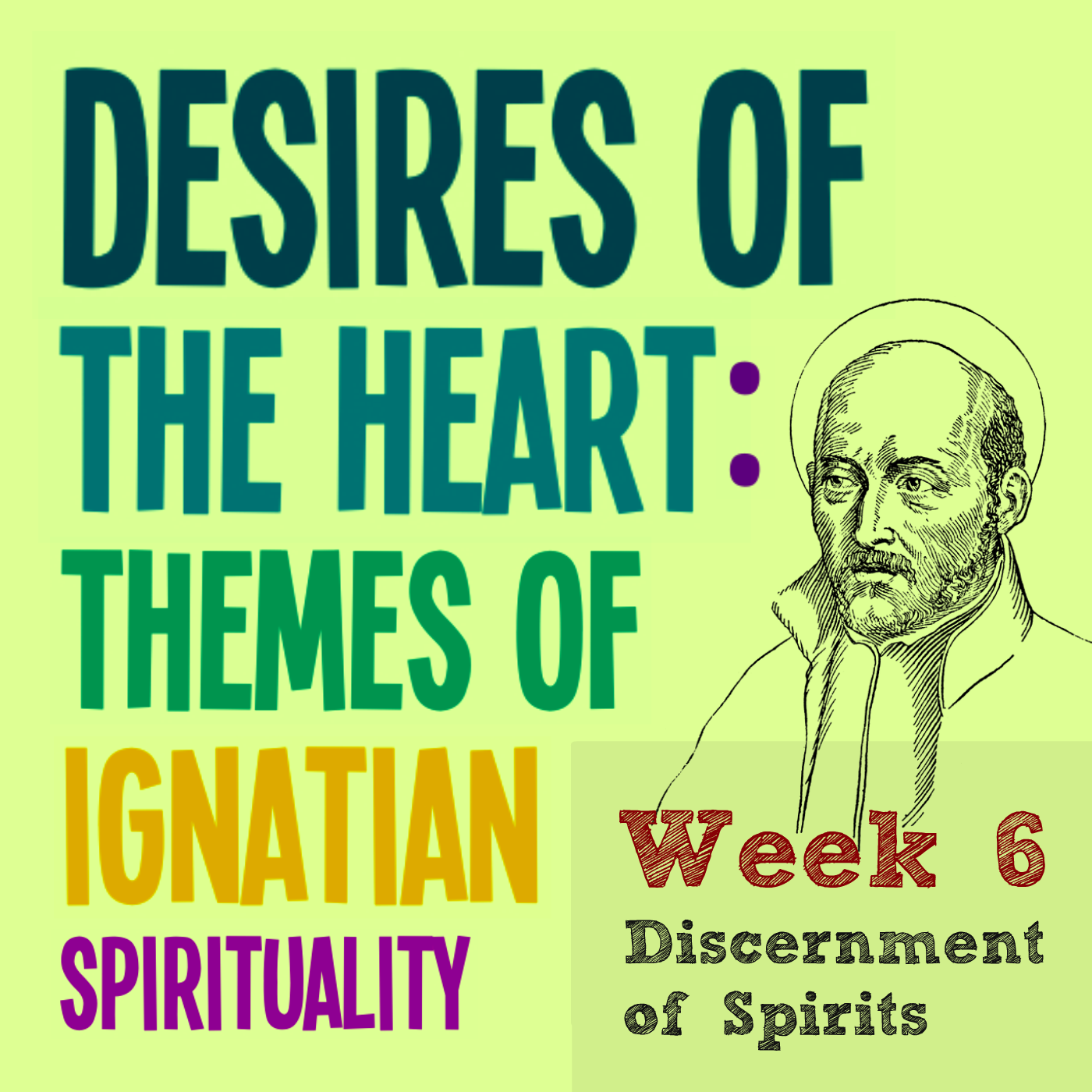
Is your relationship with God mutual? One that melds together in genuine love?
Think for a moment about your relationship with God. What is it like at this moment in your life? How would you describe it? Can you compare it to a human relationship? For many of us who claim to be believers, our relationship with God can often be rather one-sided. As children, it may begin with just asking God for things we want. We expect God to give and give, but do we ever give back? St Ignatius in his Suscipe prayer beautifully acknowledges all he has from God is gift, and he freely returns it for God to use as God wills, seeking only God’s love and grace. We might also have a relationship with a stern God whom we feel we must please, meriting a reward only if we’ve prayed enough, gone to church enough, and sinned as little as possible. We might approach God in fear of punishment, and so our relationship with God is one-sided in the sense that it’s all about placation. God dictates and we obey. That kind of relationship is less about love and more about fear—not to mention it makes God seem selfish.
Punishment and Fear
We enroled our three-year-old daughter, Eva, in a weeklong intensive swimming lesson. The instructor gives “tough love” and essentially forces the child to swim underwater, helping them recognise the need to be safe in the pool. The last couple days the instructor asked me to be in the pool and I found myself being the one given tough love. “You’re in charge,” she said repeatedly. “She’s not.” So I began to offer Eva the tough love the instructor was teaching me, putting her through the water despite her pleas that I don’t. I get it. She has to learn how to swim and it’s not easy. I couldn’t give into the resistance Eva was giving me, but then when the instructor allowed her to take a break on my shoulder the instruction was, for some reason, that she had to remain silent (and I wasn’t there to comfort her!). “Tell her to not make a sound,” she told me. If Eva made any peep, she had to swim five more times before taking another rest. Being a three-year-old, it was hard for her to keep her whimpering quiet and so the instructor forced her to do another five swims. This happened three more times because Eva couldn’t remain silent. I had tears in my eyes during this entire ordeal and wanted to jump out of the pool and take Eva away and cuddle her. This whole method bristled against me, not because of pushing against Eva’s resistance to swim, a necessary skill, but because swimming was made into a punishment. Remaining silent had nothing to do with swimming, and if she couldn’t be quiet, the punishment was the very thing we wanted her to find joy and confidence in.
It grated against my very being because it went against my approach to parenting, and it reminded me of how a punishment-centred relationship is contrary to my image of God. In her lesson the request (keeping silent) was arbitrary and the punishment made no sense. Yet some Christians envision God this way, and we justify this image with scripture that says God’s ways are not our ways. We throw our hands up and say, “Well, our job is just to obey. We’ll get our eternal reward.” Reward for obeying arbitrary requests? For going through the motions? For letting God dole out punishment after punishment? How is that a relationship based on love?
Love transforms us, not punishment. Genuine consequences transform, not frivolous ones.
Ignatius said that love consists in the mutual sharing of goods. This must be true in our relationship with God: there is a mutual communication, a participation in one another.
 Love is a Response to Love
Love is a Response to Love
Ignatius says that love is given as a response to love. We love because we have been loved. If we have not experienced love, it is much harder for us to love another—and even ourselves. We cannot love God out of a sense of guilt or obligation. There is no freedom in that. Anthony de Mello, SJ says that one quality of true love is freedom. “The moment coercion or control or conflict enters, love dies,” he writes. If love is forced, it is not actually love because love arises within us and is given freely. De Mello continues: “Think for a while of all the coercion and control that you submit to on the part of others when you so anxiously live up to their expectations in order to buy their love and approval or because you fear you will lose them.”
Do we fear that God will stop loving us?
Do we pray out of obligation? God doesn’t need our prayer. God will be God without our prayer, and the truth is, God will continue loving us even if we don’t pray! We pray because we value the relationship (and let’s acknowledge that prayer is more than just asking for things). If your mother loves you, hopefully she will continue loving you even if you don’t call as often as you might like. You choose to call her not out of fear that she will stop loving you, but because you value your relationship with her. While human beings may tend to love conditionally, God does not. Your choice to pray and give of yourself to God and neighbour should be done simply because you have experienced and value that love-relationship.
Gift-Giving
In many cultures there are lots of expectations around gift-giving. Whether at Christmas, birthdays, or visiting someone, gifts can become more about obligation and possessing than about loving and giving. How often do we give a gift from a place of sincere joy, or because we deeply value the person we’re giving to? What are your own expectations around gifts? I grew up with the assumption that when someone gave me a gift (especially cash), I had to first engage in a social dance of politely refusing. “Oh that’s too much. I couldn’t. You shouldn’t have.”
 But gifts also can carry the baggage of an expectation that you will give something in return, even a thank you! How rude does it feel when someone doesn’t thank you for a gift? I’ve even been expected to express gratitude for a thank-you card for a gift I initially gave! “Thank you for the thank-you card you gave me in thanks for the gift I gave you. It was so thoughtful.”
But gifts also can carry the baggage of an expectation that you will give something in return, even a thank you! How rude does it feel when someone doesn’t thank you for a gift? I’ve even been expected to express gratitude for a thank-you card for a gift I initially gave! “Thank you for the thank-you card you gave me in thanks for the gift I gave you. It was so thoughtful.”
De Mello says love is gratuitous. It expects nothing in return. This is why God continues to love us, even if we don’t “love God back”. Even if we keep taking the gifts God pours out upon us and never say thank you. But of course, that sounds like a one-sided relationship. Gratitude is a natural love-response to the self-giving of another. Nouwen observes that giving in love and friendship is less about the giving of a particular thing or talent and more about giving the person my very self. “The real question is not ‘What can we offer each other?’ but ‘Who can we be for each other?’”
How are you giving your very self to God?
Belovedness
Our communion with God is grounded in our belovedness. We are deeply beloved by God. Just as God spoke the words to his son Jesus, “You are my beloved son, with whom I am well pleased,” God speaks those words to each of us. Nouwen speaks about our chosenness, that God has chosen us out of love. How wonderful it feels to be chosen. But have we chosen God? Have we made a claim on this divine relationship or did it just fall into our laps as children? We can do that through blessing.
Blessing, Nouwen says, is saying yes to the other’s belovedness. It’s not about special merit given to us by God as we sometimes think; it’s God affirming our belovedness. It comes from God, but we can offer that to God as well. God may be the lover, but we also are lovers, and God is our beloved. “You are loved,” God speaks to us, and out of love we respond, “God, you are loved.”
Being beloved, we expect God to have compassion and empathy for us and for our joys and struggles. Have you ever thought about God’s own joys and sorrows? Can your relationship leave room to even have empathy for God?
God seeks to draw us into a mutual friendship, a love relationship that flows back and forth, that gives of self, birthing gratitude and intimacy. This is the opposite of a relationship based on guilt, obligation, fear, meriting, or coercion. It’s a relationship of freedom that is not contained within itself by moves you beyond yourself and allows God’s blessing to flow to each person you encounter. Because we all are beloved.
Take, Lord, and receive all my liberty, my memory, my understanding, and my entire will, All I have and call my own.
You have given all to me. To you, Lord, I return it.
Everything is yours; do with it what you will. Give me only your love and your grace, that is enough for me.
Listen to the podcast version of this post…







